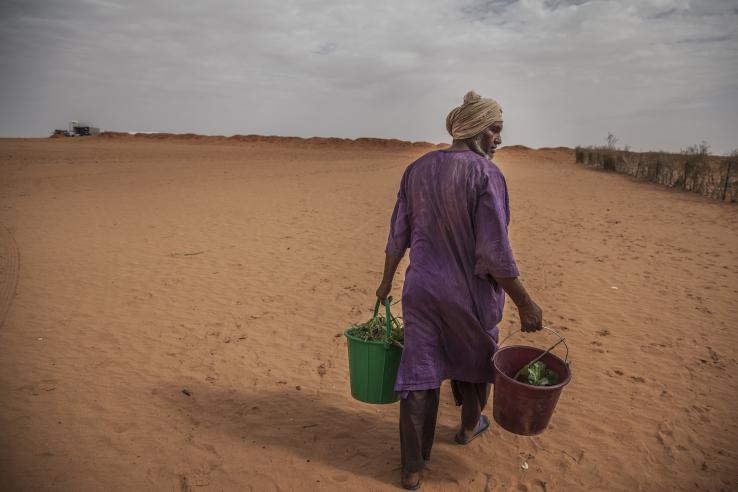J-PAL Global is our head office and coordinates J-PAL’s worldwide research, policy, education, and capacity building work to promote our mission of ensuring that policy is informed by scientific evidence.
We provide research and policy expertise in each of J-PAL’s eleven sectors: Agriculture; Crime, Violence, and Conflict; Education; Environment, Energy, and Climate Change; Finance; Firms; Gender; Health; Labor Markets; Political Economy and Governance, and Social Protection. This includes publishing evidence summaries and policy insights, and building partnerships to help policymakers understand how and when to apply evidence from randomized evaluations to policies and programs.
We create research resources to help design and implement randomized evaluations and to promote research transparency. We manage funding initiatives that support new and innovative evaluations in agricultural technology adoption, crime and violence, governance, government innovation, and post-primary education, among other topics.
We also lead executive trainings and university-level online courses, including the MicroMasters® Program in Data, Economics, and Design of Policy (DEDP), that help build the capacity of researchers who produce evidence, policymakers and donors who use it, and advocates of evidence-informed policy.
J-PAL Global assists our Board of Directors and the Board’s Executive Committee in designing the strategy and policies that guide our operations worldwide. Our research, policy and communications, education, and training teams support the work of our seven regional offices at leading universities in Africa, Europe, Latin America and the Caribbean, the Middle East and North Africa, North America, South Asia, and Southeast Asia.

More about J-PAL Global
Explore the J-PAL website to learn more about who we are, what we do, where we work, and how to engage with the J-PAL Global team.

Blog
The King Climate Action Initiative: Five years of growing impact
As rising temperatures threaten to reverse gains in the fight against poverty, communities on the frontlines need solutions that work. Since 2020, J-PAL's King Climate Action Initiative has funded research has informed policies and programs improving the lives of nearly 33 million people.

Blog
AI for social good: Helping students learn
AI has the potential to improve student learning and make evidence-informed education programs easier to deliver at scale—but there's a risk it could become another “magic bullet” that fails to improve learning, leaving governments to spend scarce resources on ed tech that sits unused in schools.

Blog
Scaling a playful math curriculum to help children learn: Introducing the Every Child Counts Implementation Toolkit
The world is facing an urgent foundational literacy and numeracy (FLN) crisis, worsened by Covid. As organizations and governments around the world mobilize to address this crisis, J-PAL South Asia has been working since 2020 to scale Every Child Counts, a unique curriculum that builds on fifty...

Blog
The Evidence Effect: Evidence for action in conflict and crisis
The people in urgent need of humanitarian assistance are among those hardest hit by cuts to foreign aid. With humanitarian funding at historic lows, many essential services are being scaled back or suspended altogether, leading to preventable deaths and putting millions more lives at risk. Restoring...